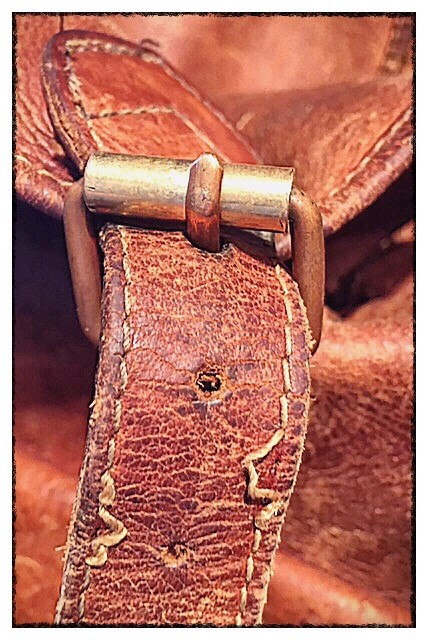Is it the sunset you enjoy, or the shadows it casts? Have you stopped for a moment to figure it out?
In reality, it is how you choose to see it.
Perception changes, and you with it. It is not the reverse. To shift your perspective requires an influence, but despite what you hear, read or see, the viewpoint of the world surrounding you will come from within.
Yes, we listen to others: educators, politicians, salesmen or solicitors, and whether we are told that the world is flat, which automobile is the safest, or how a policy will dramatically reduce carbon emissions over the next decade, it is the personal processing of this information that will determine your ultimate answer.
We, all too often, rely on the words of others when trying to understand anything around us. Explanation involves thinking outside of yourself and considering the consequences, values and benefits. In trying to listen to the flood of information coming at you, it is assumed knowledge that will form your opinion.
What if I told you that when watching a sunset, you are actually paying more attention to the clouds, than you are to the actual Sun? Would you stop for a moment and wonder what you’ve always taken in?
The Sun never changes (well, not in immediate terms); it burns, full power, 24 hours a day. We see it more or less, depending on where we are located in relation to the time of the year. It is us that moves and not the sun
The Sun, quite boring really, is always there. Always in the same place. It’s always round, always bright, and generates radiation that is constant, and powerful enough to light up this world and any other star, planet and galaxy in the universe.
As it appears to dip below the horizon at the end of each day, the Sun setting is not your focus. All those colours and the glorious view you scramble to capture on your camera or mobile device is more the result of the Sun’s light reflecting and refracting through the atmosphere, precipitation or condensation, or the puffy polluted haze of our ever-expanding cities.
The view is altered, mostly by your perception. It is still the same Sun it was hours earlier, it is still doing the same bloody thing, but somehow it is more beautiful.
Perception.
The Sun glows, alters the shade of buildings, the shadows of trees, and even makes common weeds, like dandelions, appear magical.
Perspective. It is how we see things. More importantly how we see ourselves, and how we connect with the context.
Our greatest strength should be admitting we don’t know everything and being open to learning what we need to know. Change comes with knowledge, and challenging yourself comes with connecting to your soul, investigating your id and ego and, through the process, discovering your own mythos.
Seek answers, or self-explanation for who you are, and why you do what you do. Discover solutions, or check your hypothesis for why something didn’t turn out the way it was supposed to, or why success is likely, in whatever area you chose.
Context.
You can make things happen, but you need to unearth what is happening and why. Those are answers you won’t get from teachers, lawyers or policy wonks. You may not even find the answers within, but you will be stronger for looking.
The inner voice is an inner choice.
©2017 j.g. lewis




